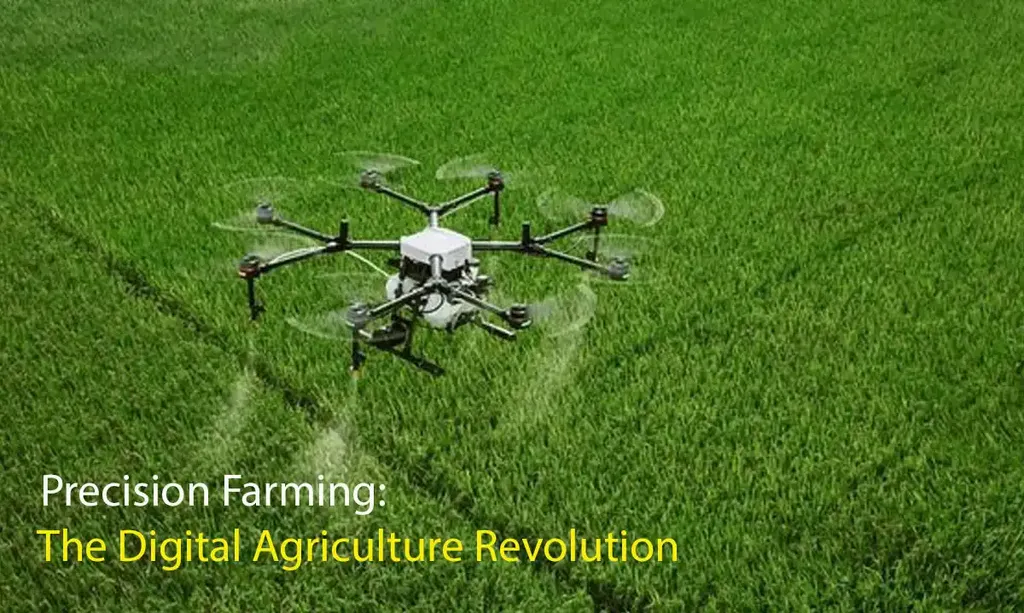In the heart of India’s agricultural landscape, a quiet revolution is taking root, one that promises to reshape the way farmers tend to their crops and the energy sector supports them. At the forefront of this transformation is S. N. Kumar, a researcher from the Department of Electrical and Electronics Engineering at Amal Jyothi College of Engineering, who has developed an innovative IoT-based system that is set to redefine precision agriculture.
Kumar’s research, published in the Bulletin of the National Research Centre (translated as the Bulletin of the National Centre for Scientific Research), introduces a multi-sensor system capable of collecting a wide array of soil and weather parameters. This data is then relayed to a mobile application, providing farmers with real-time, actionable insights for their daily cultivation needs. “This system is a game-changer,” Kumar explains. “It brings precision farming to the fingertips of farmers, eliminating the need for trained personnel and separate laboratory analysis.”
The system monitors crucial soil parameters such as pH, moisture, temperature, and NPK levels (Nitrogen, Phosphorus, and Potassium), offering a comprehensive view of soil health. A case study conducted in Kottayam rubber plantations demonstrated the system’s efficiency in detecting site-specific nutrient deficiencies and enhancing crop suitability estimation. The results were impressive, with the system achieving a mean error margin of below 2%.
The implications for the agricultural sector are profound. By providing real-time data and tailored recommendations, the system enables farmers to make informed decisions, ultimately enhancing yield predictability and resource utilization. This not only boosts productivity but also promotes sustainable farming practices, a critical need in today’s world.
The commercial impacts for the energy sector are equally significant. As agriculture becomes more data-driven, the demand for energy-efficient solutions will rise. IoT-based systems like Kumar’s can help optimize energy use in farming, from irrigation to fertilization, reducing waste and lowering costs. Moreover, the integration of weather forecasts, pest prediction modules, and machine learning-based yield prediction in future extensions of the system can further enhance energy efficiency and sustainability.
Kumar’s research fills a crucial gap in the market by integrating low-cost IoT-based monitoring with actionable feedback and mobile access. The mobile app, ‘Dhristi,’ developed as part of the system, serves as a user-friendly interface, presenting farmers with tailored cultivation recommendations. “Our goal is to empower farmers with the tools they need to succeed,” Kumar states. “By making advanced technology accessible and affordable, we can drive a new era of precision agriculture.”
As we look to the future, the potential for IoT-based systems in agriculture is vast. From enhancing crop yields to promoting sustainable farming practices, these technologies are set to revolutionize the agricultural landscape. For the energy sector, this presents a unique opportunity to support and innovate, driving forward a more efficient and sustainable future for all.

